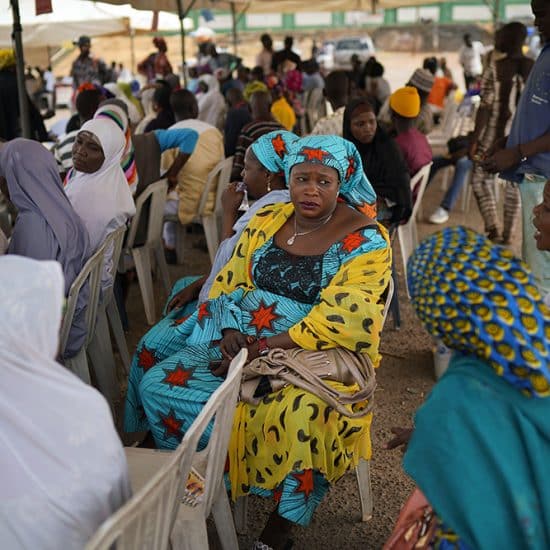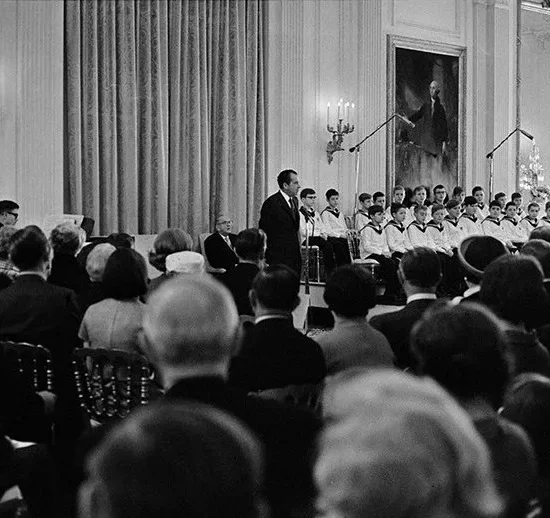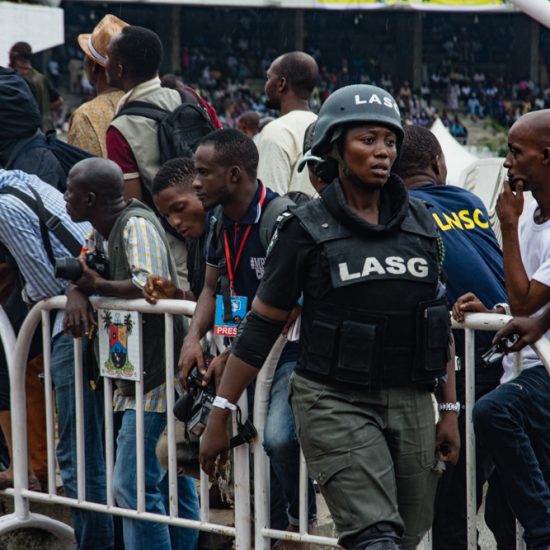MINA, Nigeria — Easter Sunday turned violent in two cities in Nigeria's northern state of Niger, when young people presumed to be fundamentalist Muslims burned churches in Gwada, while Christian young people in the state capital of Mina defended a Baptist church from a similar fate.
Police reportedly arrested 110 suspects, mostly teenagers, after the attacks. In all about 30 Christians were injured, most either stabbed or hit by stones.
Nigerian media reported that the trouble started in Gwada when a band of onlookers accosted a group of Christian boys who had been marching around town, dancing and playing drums in an Easter parade. From there the mob stormed two Christian churches and set them on fire.
In Mina, media credited the resolve of Christian youth with preventing the Niger Baptist Church from being destroyed, although about attackers did manage to damage vehicles and inflict injuries on many worshipers.
Youth at the Baptist church reportedly spotted two Muslim youths spying on the church and alerted church leadership. A few minutes later the two spies came back with about 60 others and sprayed cars parked at the church with gasoline, but Baptist youth prevented them from setting fire to them. The attackers still managed to damage five cars by throwing stones.
Tensions between Muslim and Christian youths are not unusual in northern Nigeria, where conflicts over political or socio-economic issues often divide people along religious lines.
According to the State Department, politicians in the region often use ethnicity and religion to foment discord over issues like employment discrimination, and religious ceremonies are particularly sensitive times.
Last November at least 12 Nigerian Baptists were killed and five Baptist churches burned in riots following local elections in the Nigerian state of Plateau, which borders the predominantly Muslim north and mainly Christian south of the country.
Nigeria has a population of 144 million, about equally divided between Muslims and Christians plus a substantial number who practice indigenous religions. But that balance varies widely by region.
The north of the country, dominated by the Hausa-Fulani and Kanuri ethnic groups, is predominantly Muslim, but significant Christian communities have resided and intermarried with Muslims in the north for more than 50 years.
In the oil-rich Niger Delta region in the south, which produces 75 percent of Nigeria's export earnings, Christians are the majority, with only 1 percent of the population adhering to Islam.
Bob Allen is senior writer for Associated Baptist Press.




